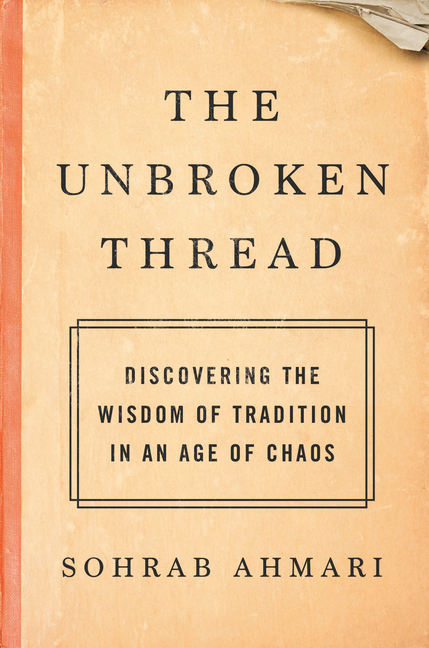Ahmari urges people to honor their parents, not to expect always to think for themselves and to grasp that religious and sexual liberty mask 'deeper unfreedom.' A final chapter recalls advice from Seneca, the Stoic philosopher who tutored Nero, not to worry unduly about death ... Keen as he is to fight, there is much that Ahmari’s foes, whether liberal progressives or liberal conservatives, can warm to. He sees that ideas matter in politics and regrets intellectual over-specialization ... The book’s virtues, however, struggle throughout with a damaging vice: the abuse of tradition. In this, Ahmari is at least evenhanded. He caricatures not just liberalism but his own faith by attributing to it more unity, simplicity and authority than historically it has ever possessed.
Read Full Review >>

